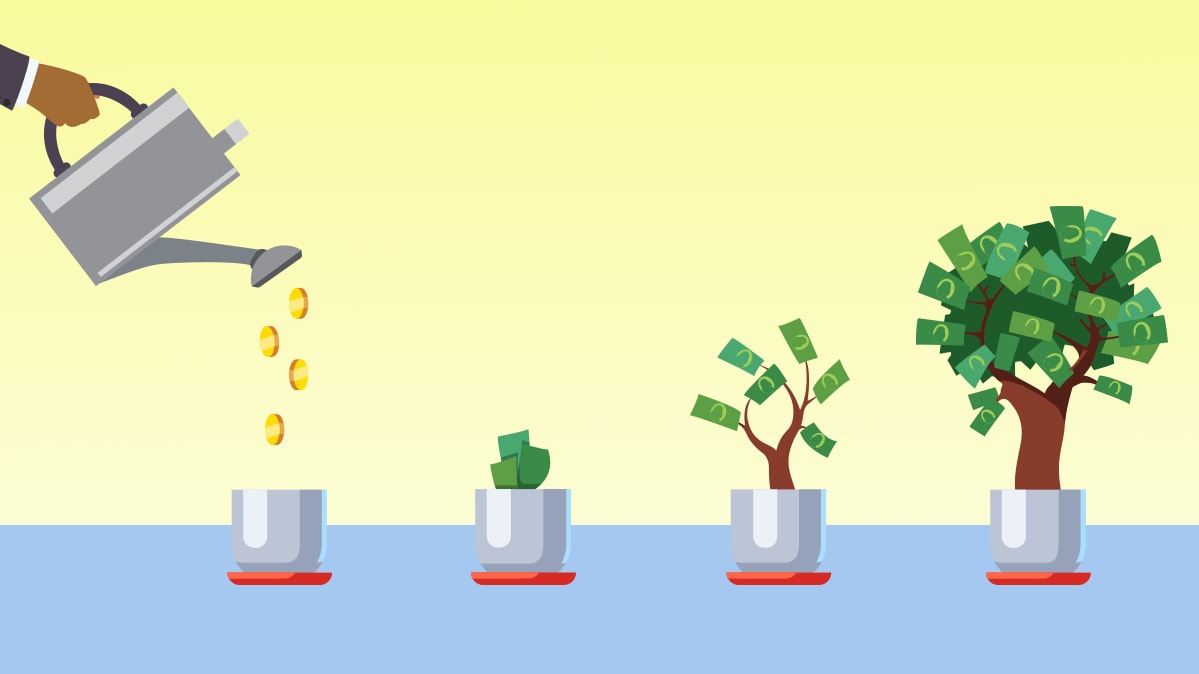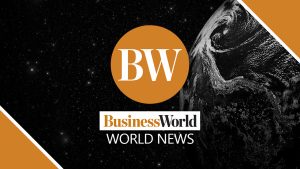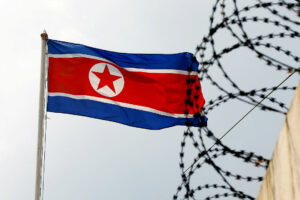Inflation a ‘headache’ for next leader

THE PHILIPPINES’ next president needs to immediately address rising inflation and fiscal issues, as the economy recovers from a coronavirus pandemic and the Russia-Ukraine war, analysts said.
Filipinos on Monday voted in an election that was generally peaceful but marred by malfunctioning vote-counting machines and long lines. (Related story on S1/10)
“The incoming president will need to treat inflation as a top economic priority… The prolonged pandemic has widened income disparity in the Philippines and increased unemployment,” Sonia Zhu, an analyst at Moody’s Analytics, said in a note titled “Inflation will be a big headache for the new Philippine president.”
She noted that leading presidential candidates former Senator Ferdinand R. Marcos, Jr. and Vice-President Maria Leonor G. Robredo have both floated fiscal support, with Mr. Marcos suggesting fuel subsidies and Ms. Robredo proposing targeted social aid for the poor.
“Inflation management has become a key policy point. Since early 2022, household discretionary income has come under threat from higher prices for staples,” Ms. Zhu said.
Headline inflation sizzled to a three-year high of 4.9% in April, driven by soaring food and energy prices amid the Russia-Ukraine war. This was beyond the central bank’s 2-4% target, and the 4.3% forecast for 2022.
Commodity prices are expected to edge higher in the next months amid supply chain disruptions, China lockdowns and concerns over oil supply.
In a separate note released on Monday, Pantheon Chief Emerging Asia Economist Miguel Chanco said the next president should prioritize reviving the Philippine economy, whose recovery has “easily been the most lackluster in emerging Asia.”
“We’d even go so far as to say that it doesn’t really matter who takes the helm at Malacañan Palace, as any future administration will be preoccupied with repairing the economic damage caused by the pandemic since 2020, with economic reforms likely to take a backseat,” he said.
The Philippines’ gross domestic product (GDP) grew by 5.7% in 2021, after a record 9.6% contraction in 2020. The government is targeting 7-9% growth this year, although multilateral agencies are forecasting below-target growth due to the Russia-Ukraine war.
“Based on our current forecasts, real GDP will remain some 15% below the pre-COVID trend by the end of this year,” Mr. Chanco said.
The next administration also has to address the weak labor market, he said. The unemployment rate fell to 5.8% in March.
“Consumption, the economy’s mainstay, is likely to stay under pressure, with the sluggish job market, the rebuilding of savings lost since 2020 and, more recently, fast-rising inflation, weighing heavily on spending decisions,” Mr. Chanco said.
Think tank IBON Foundation Executive Director Sonny A. Africa said the new president should deal with the “considerable economic scarring” from the strict lockdowns during the early part of the pandemic.
“(The) current economic managers downplay the National Government debt burden it has substantially bloated, which will weigh heavily on public spending on social and economic services,” he said in a Facebook Messenger chat.
Outstanding National Government debt hit a record P12.68 trillion at end-March. The debt-to-GDP ratio hit a 16-year high of 60.5% in 2021, which is slightly above the 60% threshold considered manageable by multilateral lenders for developing economies.
While presidential candidates have presented possible ways to help bring down prices, analysts said the next administration would face fiscal constraints when implementing its programs.
“The Philippines might not have the financial capacity to provide such fiscal cushioning. The limited fiscal room has the new administration’s hands tied when it comes to navigating price hikes,” Ms. Zhu said, adding that it may be up to the central bank to do the heavy lifting to cool inflation.
“A first-quarter GDP growth reading above 6% year on year will increase the odds of a rate hike in June to 60%,” she added. First-quarter GDP data will be released on May 12.
Mr. Chanco said the country continues to face fiscal constraints. “The country suffered one of the biggest budget blowouts at the height of the COVID crisis, and progress in closing the budget gap has essentially stalled,” he said.
The budget deficit shrank by 1.44% year on year to P316.8 billion in the first quarter.
Meanwhile, Mr. Chanco said a victory by Mr. Marcos, who has led opinion polls, is “unlikely to translate directly to a bad day for markets.”
“What arguably matters more is that election day proceeds smoothly and that the transition in government takes place without a hitch,” he said.
However, Mr. Chanco said a possible worst-case scenario is political and government gridlock, if the runner-up challenges the results of the elections.
Tom Rafferty, The Economist Intelligence Unit regional director for Asia, said Mr. Marcos would likely continue the “broadly pro-market” policy agenda set by President Rodrigo R. Duterte such as the infrastructure push, tax incentives for businesses and removal of barriers to investments.
In a note released on Monday, Mr. Rafferty said the biggest risk to Mr. Marcos’s presidency will be the execution of his policy agenda.
“Failure to navigate the oft-fractious parliament and adequately deliver progress on major business-friendly reform and infrastructure upgrade amid an ongoing pandemic, which will require consummate political and communication skills, could jeopardize the country’s hitherto impressive recent growth trajectory and trigger a sudden reversal of fortune and ensuing political volatility in 2023,” he said.
University of Asia and the Pacific economist Cid L. Terosa said in an e-mail that the winner of the presidential elections would matter to markets in the short run “but the business and market environments that the next president will weave matter more in the long run.”
“While we can argue that a (Marcos) presidency will be met by markets and investors with more intense apprehension than a Robredo presidency, (Marcos’s) possible ascent to the presidency will give him the opportunity to either dispel doubts or magnify qualms. Since investors and markets are generally forward-looking, (Marcos) must exert effort to give them a good future. If he can do this, the past won’t matter to investors and markets,” Mr. Terosa said.
The next administration will inherit an economy whose growth momentum is challenged by inflation and fiscal issues, he added.
“Will his administration accelerate or decelerate the growth momentum? It will all depend on the economic decisions (Marcos) will make in the first three to six months of his presidency,” Mr. Terosa said. — Luz Wendy T. Noble with inputs from Tobias Jared Tomas




